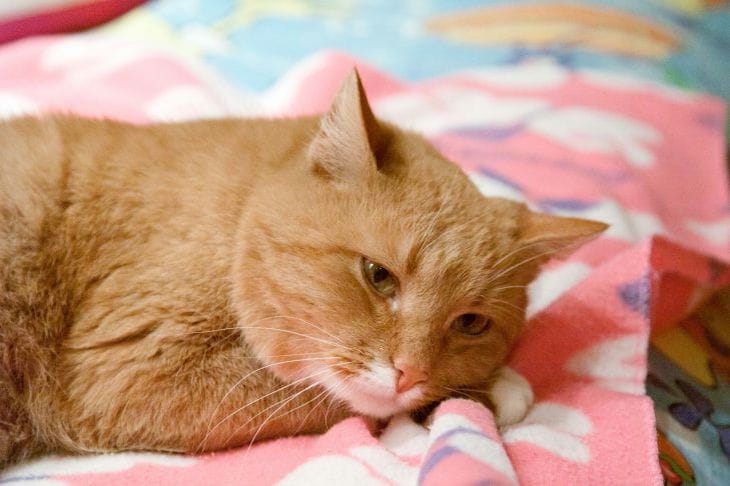Every cat owner has noticed how their pet suddenly disappears and ends up in the most unexpected places: under the bed, in the closet, or even in an empty box.
This behavior can be disturbing, because it is unclear why the animal is hiding. The answer lies in the instincts that cats inherited from their wild ancestors.
Retreating to a safe place is a natural response to potential danger or simply a way to find a quiet place to rest.
Safety and comfort
Cats feel safe in small, hidden spaces. In the wild, this helped them avoid predators and stay warm.
Modern domestic cats have inherited this behavior. Hidden corners provide a sense of safety and security, which is especially important if there are other animals or children in the house.

These places become their personal territory where they can relax.
Secluded places to relax
Cats love privacy. Secluded places become ideal places for them to rest and sleep.
There they can completely relax without being bothered by external stimuli. In these places they feel at ease and can sleep peacefully without being distracted by noise and movement around them. This is an important part of their daily routine, because cats sleep most of the day.
Stress and anxiety
Cats may hide due to stress or anxiety. Moving, renovations, the arrival of a new family member or animal - all of these can cause them to become anxious.
Hiding at such moments is a way to cope with the situation. If your cat often hides and looks scared, you should pay attention to changes in its environment. Perhaps something is causing stress, and you need to eliminate this factor.
Playful behavior
Hide and seek is part of the play behavior of cats. In nature, they are hunters, and hiding is a way to sneak up on prey.
Domestic cats continue to play this way, developing their instincts. They may hide in unexpected places, then suddenly "attack" a toy or owner. This helps them stay active and fit.
Diseases and discomfort
If your cat suddenly starts hiding a lot, it could be a sign of illness or discomfort. Animals instinctively seek out hiding places when they feel unwell.
If your pet's behavior has changed dramatically, it's worth taking it to the vet. Early diagnosis can help identify the problem early and begin treatment.
How to help a cat
To help your cat feel comfortable, you need to create a safe environment for her. Provide her with access to secluded places where she can hide.
Watch for changes in her behavior and try to minimize stressful situations. Regular checkups with a veterinarian will help avoid health problems.
Understanding the reasons for this behavior will help you take better care of your pet and create a comfortable environment for him.
It was previously reported that why you shouldn’t overuse flea and tick medications.








